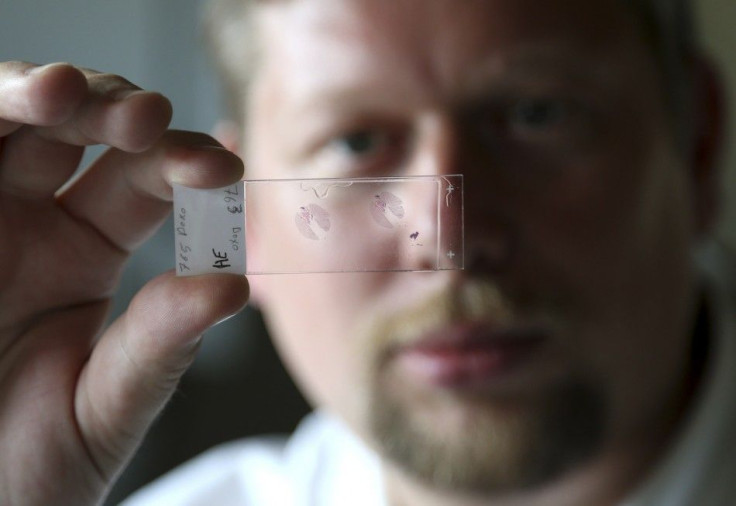Lung cancer experts identify existing gaps in EGFR testing; urge to improve patient access to personalised treatment

A summary of insights provided by the lung cancer experts from Western Europe and North American suggests that some patients face challenges in receiving personalised treatment and in being tested for EGFR mutations.
The summary, compiled by Boehringer Ingelheim, suggests that lung cancer patients who suffer from advanced stage adenocarcinoma, a type of non-small cell lung cancer (NSCLC), face trouble in gaining access to personalised treatment. The experts have found that a gap exists in the nationwide EGFR testing, due to which some patients are left without an access to the most appropriate treatment for them.
According to molecular testing guidelines, EGFR testing should be conducted for all eligible patients upon diagnosis. However, the experts have found some obstacles that prevent patients from achieving EGFR testing and ultimately getting access to a personalised treatment.
“Whilst country-level insights within this report do vary, common barriers to achieving EGFR testing and personalised treatment for all eligible patients are clear,” said Dr Matthew Peters of the Macquarie University, in a press release. “Education is key: for patients, healthcare professionals and the wider community. More is needed to bring us closer to helping each and every NSCLC patient receive the right treatment for them.”
The team of experts has identified certain country-level themes that tend to create the gap in nationwide EGFR testing. For example, insufficient reimbursement for EGFR mutation tests affects the testing rate for inpatients in Germany. On the other hand, in the United States, a large percentage of treatment decisions are not based on EGFR mutation subtype. This, in turn, prevents NSCLC patients from receiving personalised treatment.
Experts say that targeted treatment and therapies can help improve the condition of patients with EGFR mutation-positive lung cancer by delaying the progression of the disease. Therefore, it is important to make sure that EGFR testing is conducted and a treatment plan is offered to the patients based on its results.
Contact the writer at feedback@ibtimes.com.au, or let us know what you think below.






